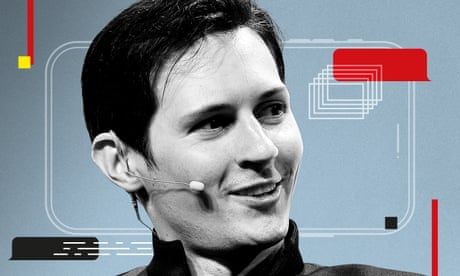
On Saturday 24 April, the billionaire founder of the Telegram social media and messaging app, Pavel Durov, was arrested by French authorities as he disembarked from his private jet in Paris on his way from Azerbaijan. Officials said the arrest was part of an inquiry into criminal activity on the platform and a lack of cooperation with law enforcement. Durov has since been formally charged.
In a statement on Sunday, Telegram said it abided by European Union laws and that its moderation was 'within industry standards and constantly improving'. 'Telegram’s CEO, Pavel Durov, has nothing to hide and travels frequently in Europe,' it said. 'It is absurd to claim that a platform, or its owner, are responsible for abuse of that platform.'
Durov, known as the 'Russian Mark Zuckerberg' for having founded a similar platform to Zuckerberg’s Facebook in Russia called VKontakte, is a self-styled champion of free speech and has cultivated a reputation for being unwilling to work with authorities to censor and more closely control what happens on his platform. His arrest has raised important questions about the extent to which tech executives are responsible for how users employ their social media networks. Chris Stokel-Walker, a technology journalist, explains the implications of Durov's arrest for the tech sector
Telegram CEO charged in France for ‘allowing criminal activity’ on messaging app
What the Telegram founder’s arrest means for the regulation of social media firms